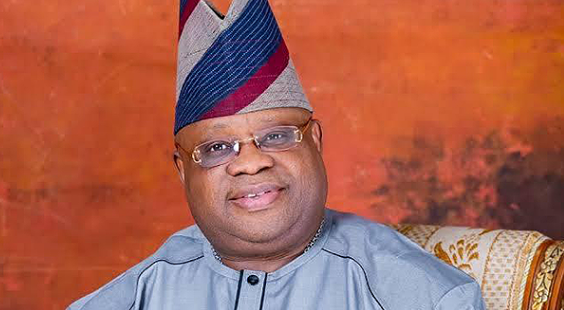Calabar, Nigeria— The House of Representatives has reaffirmed its resolve to ensure an open, participatory approach to the ongoing constitutional amendment process, vowing to “speak with Nigerians, not for them.”
This commitment was made by Hon. Kingsley Chinda, Minority Leader and Chair of the South-South Zonal Public Hearing, as he addressed stakeholders and citizens gathered in Calabar to submit memoranda and present their views on pivotal national issues.
“We are your servants and today, we won’t speak for you—we’ll speak with you,” Chinda emphasized, calling for broad-based engagement as the nation moves towards meaningful legislative reform.
The hearing was part of a national effort by the 10th National Assembly to gather citizen input across 12 centres, representing Nigeria’s six geopolitical zones.
Chinda underscored the committee’s impartiality, assuring attendees that the panel holds no predetermined stance regarding the more than 50 constitutional amendment proposals presently before it.
“The single assurance we can offer is that your submissions will be received, carefully considered, and treated with respect. The committee remains neutral on all subjects at this stage,” he pledged.
He then outlined a collection of over 60 amendment bills, already tabled by lawmakers and organized into 13 key focus areas, such as:
Electoral Reforms: 12 bills advocating for changes like single-day elections, reformed INEC appointments, and bans on holding dual party and public offices.
Judicial Reforms: 21 measures targeting streamlined appeals, more judicial appointments, and defined timelines for justice delivery.
Legislative Reforms: Bills aiming to transfer proclamation authority to the Clerk of the National Assembly and guarantee immediate swearing-in of newly elected members.
Inclusive Governance: Reserved parliamentary seats for women, youths, and persons with disabilities.
Security and Policing: Proposals for establishing state police.
Devolution of Powers: 10 bills on resource control and moving select resources and taxes to the concurrent legislative list.
Traditional Institutions: A new bill advocating constitutional status and an advisory governance role for traditional rulers.
Fiscal Reforms: Mandating publication of Auditor-General’s reports and strengthening fiscal transparency in government borrowing.
Fundamental Human Rights: Prohibiting the public parading of suspects and giving automatic legal effect to ratified international human rights agreements.
Citizenship and Indigeneship: Proposals for citizenship by investment and equal citizenship rights regardless of gender.
Local Government Autonomy: 12 bills seeking full political and financial self-rule for local governments.
State and Local Government Creation: Numerous ongoing bills and new submissions under consideration.
Chinda urged stakeholders from the South-South to organize and forward their contributions in a unified manner, assuring that all perspectives gathered would be forwarded to the full House for review.
By Taiwo Olatinwo | July 20, 2025




